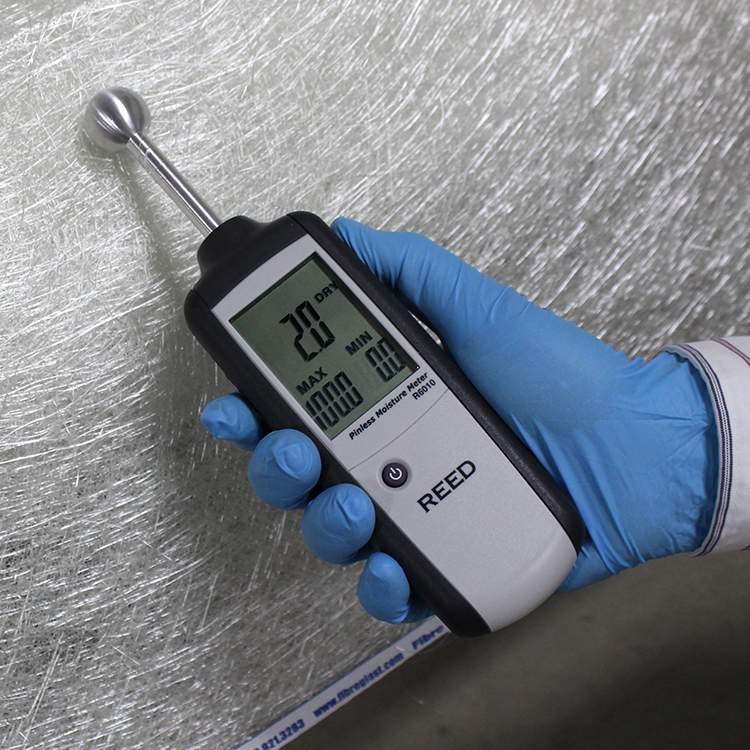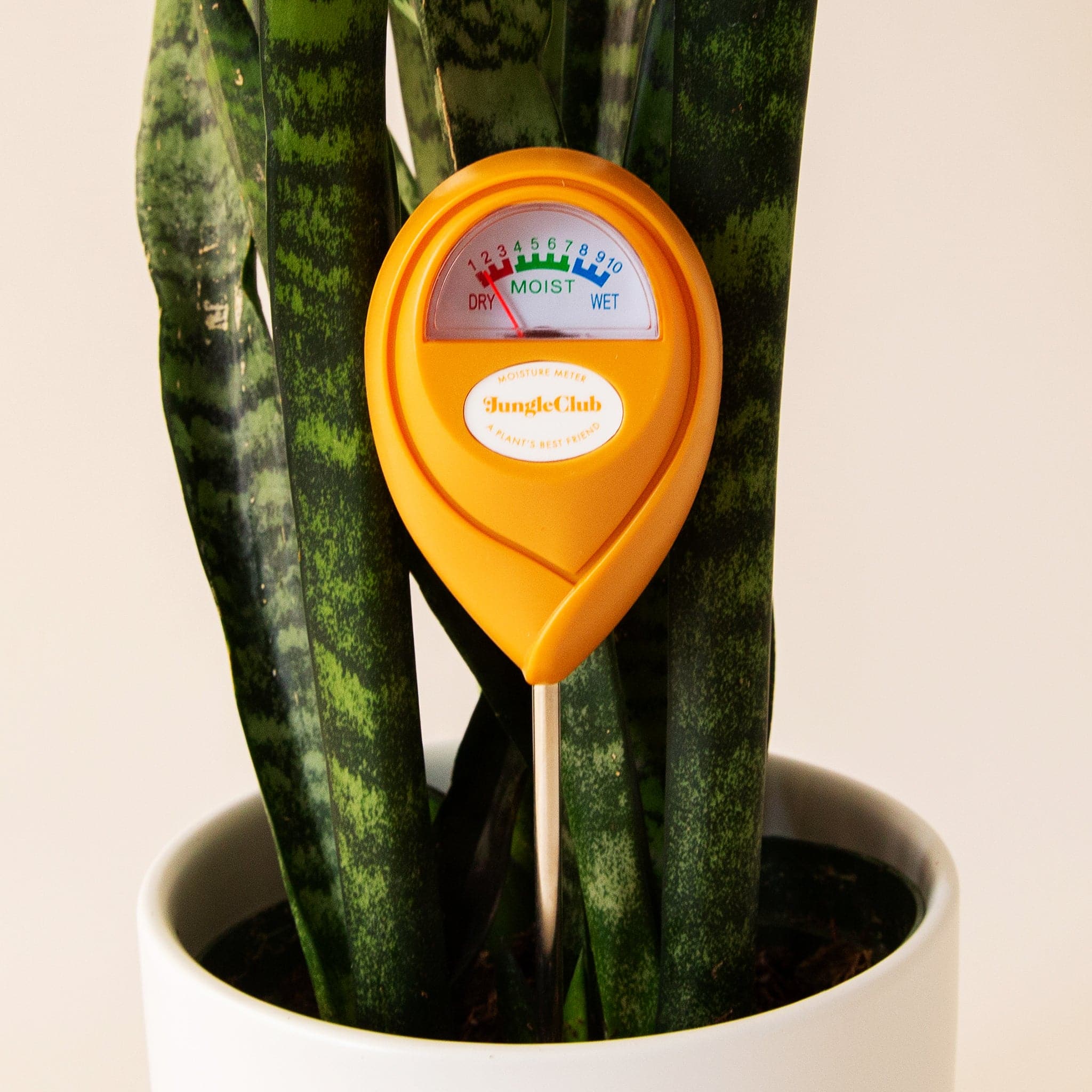The Ultimate Guide to Picking the Right Moisture Meter for Your Needs
The Ultimate Guide to Picking the Right Moisture Meter for Your Needs
Blog Article
The Ultimate Overview to Moisture Meters: A Comprehensive Review and Exactly How They Can Conserve You Money
In the world of structure maintenance, construction, and numerous markets, the relevance of precisely gauging dampness degrees can not be overstated. Moisture meters function as essential devices in identifying and keeping track of moisture material in materials, assisting in stopping pricey problems and guaranteeing the high quality of products. Recognizing the nuances of various types of dampness meters, their applications, and the prospective cost-saving advantages they provide can be a game-changer for specialists and businesses alike. Discovering just how these tools can not just improve procedures yet also contribute to economic cost savings is a journey worth embarking on.
Sorts Of Moisture Meters
Numerous kinds of moisture meters are offered for various applications in various sectors. One typical type is the pin-type wetness meter, which gauges the electrical resistance between 2 pins inserted into a product. This type is appropriate for timber, drywall, and other structure materials. Pinless moisture meters, on the other hand, use electromagnetic sensing unit plates to scan a larger area without creating damage to the material's surface. These meters are excellent for swiftly analyzing wetness degrees in huge areas such as walls and floors.
Moreover, there are additionally specialized wetness meters created for particular products like dirt, grain, or hay. These meters supply accurate wetness analyses customized to the distinct residential properties of the material being tested. Infrared wetness meters measure the thermal buildings of a material to determine its moisture content non-invasively, making them valuable for applications where pin or pinless meters may not be suitable. Recognizing the various sorts of wetness meters offered can help markets select one of the most appropriate device for their specific wetness dimension needs.

Advantages of Utilizing Moisture Meters

Furthermore, using moisture meters can lead to enhanced energy effectiveness. By determining areas with high wetness degrees, such as leaks or poor insulation, changes can be made to boost power conservation and decrease energy expenses. In farming settings, wetness meters play a vital function in enhancing plant yields by allowing farmers to keep an eye on dirt moisture levels and make educated watering decisions. On the whole, the advantages of using wetness meters span across various markets, giving economical options and promoting better quality assurance methods.
Exactly How to Choose the Right Moisture Meter
Choosing the ideal moisture meter entails thinking about vital elements such as material compatibility, measurement range, and calibration accuracy. When selecting a moisture meter, it's necessary to make certain that the meter appropriates for the details material you will be testing. Different materials have varying electric residential or commercial properties that can impact dampness analyses, so picking a meter made for your product is vital for accurate results. In addition, think about the dimension series of the moisture meter. Make certain that the meter can find wetness levels within the range needed for your applications. Calibration accuracy is an additional crucial variable to maintain in mind (Moisture Meter). Select a dampness meter with reliable calibration to make certain constant and accurate analyses. Some meters may call for periodic calibration modifications, so understanding the calibration procedure is essential. By carefully examining these elements, you can choose a wetness meter that fulfills your demands and offers accurate wetness dimensions for your jobs.
Correct Strategies for Moisture Meter Usage
To guarantee exact moisture analyses and take full advantage of the performance of a dampness meter, utilizing proper methods is important. When utilizing a pin-type wetness meter, put the pins or probes right into the material being evaluated until they make full call. Make certain the pins are perpendicular to the surface area to get the most precise reading. For pinless wetness meters, hold the device level against the material and relocate it slowly to cover the entire area for a typical analysis. It's important to adjust the wetness meter according to the product being checked to enhance accuracy. Take numerous analyses across the surface area and typical them out for a more reputable result. Additionally, make sure that the product being evaluated is adapted to the environment to avoid manipulated readings. Regular upkeep of the wetness meter, such as cleaning the pins or sensing unit, is additionally vital to make certain precise and regular readings. By complying with these proper methods, customers can rely upon their dampness meter to offer credible dampness degrees, helping in preventing expensive damage or guaranteeing high quality in various applications.

Price Savings Via Moisture Meter Applications
How can the critical application of wetness meters cause substantial cost savings throughout different industries? Moisture meters play a vital function in expense savings by preventing possible damage and making sure high quality control in different markets. In the farming market, moisture meters help in establishing the ideal time for collecting plants, stopping over-drying or excess moisture that can affect the last item's quality. This exact monitoring assists farmers avoid unnecessary losses and maximize their return.

Additionally, in the food handling industry, wetness meters are crucial for keeping an eye on product top quality and making sure compliance with security regulations. By properly determining dampness content in food, manufacturers can prevent wasting, preserve quality, and reduce waste, resulting in considerable cost savings. Overall, the calculated application of moisture meters is a beneficial investment that can lead to significant price decreases and improved effectiveness throughout different markets.
Verdict
To conclude, wetness meters are useful tools for finding and gauging wetness levels in various products. By utilizing the best dampness meter and following appropriate strategies, customers can effectively stop pricey problems triggered by excess dampness. Investing in a high quality wetness meter can cause considerable price savings in the future by determining potential issues early on and allowing punctual removal. Eventually, wetness meters are vital instruments for keeping the honesty and long life of products and structures.
Wetness meters offer as Learn More essential tools in identifying and keeping track of moisture material in products, assisting in preventing costly damages and making sure the top quality of items. Infrared dampness meters gauge the thermal residential properties of a product to establish its dampness web content non-invasively, making them valuable for applications where pin or pinless meters may not be suitable.Moisture meters offer important advantages in accurately keeping an eye on and examining moisture levels in varied materials and settings. In farming setups, moisture meters play an essential role in optimizing crop returns this contact form by allowing farmers to keep an eye on soil moisture levels and make informed watering choices.In final thought, moisture meters are important tools for spotting and measuring wetness levels in numerous products.
Report this page